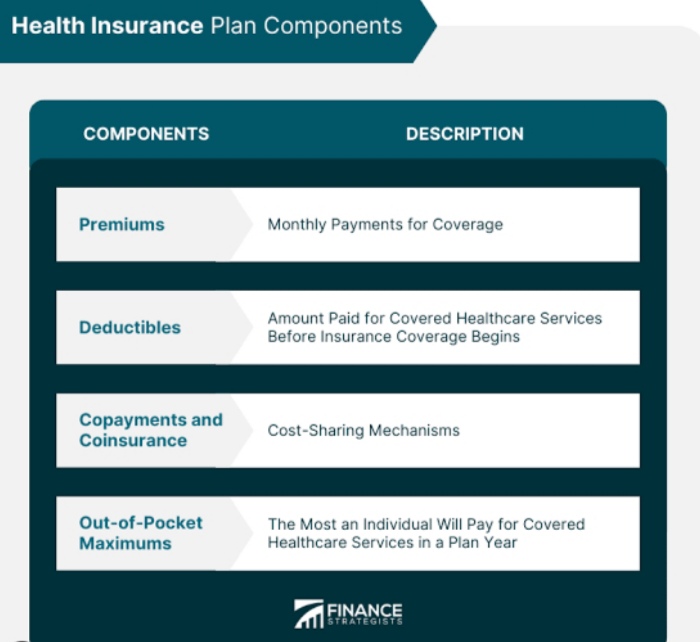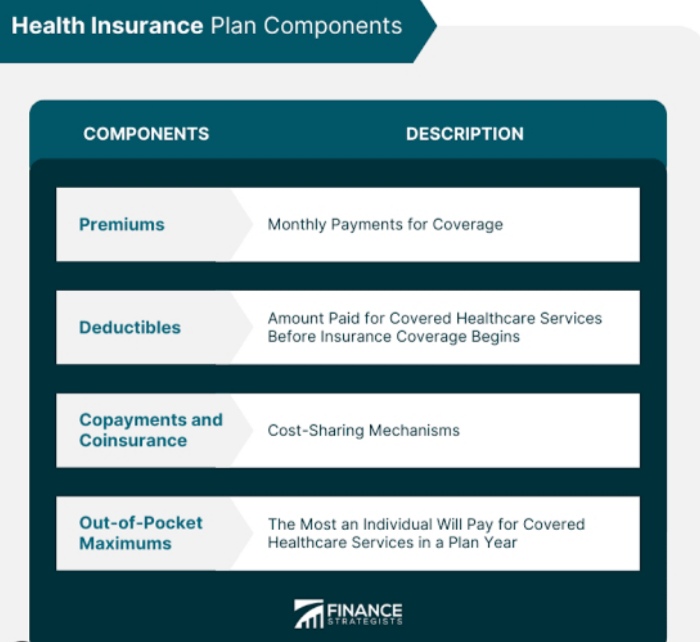Choosing the right Health insurance plan in Massachusetts: A complete guide


Navigating health insurance options can be overwhelming, but understanding the types of plans available and how they work can make the decision easier. Whether you’re a Massachusetts resident or planning to move there, this guide will help you choose the right health insurance plan tailored to your needs.
TYPES OF HEALTH INSURANCE PLANS IN MASSACHUSETTS
Massachusetts offers several types of health insurance plans, each designed to meet different health care needs. Here’s an overview of the most common plan types:
1.HEALTH MAINTAINANCE ORGANIZATION (HMO) PLANS
HMO plans provide hospital, medical, and preventive care. These plans require you to use a network of providers, except in emergencies. Typically, you’ll pay a copayment for services, like $30 for an office visit, and the HMO covers the rest.
2. PREFERRED PROVIDER PLANS (PPP)
PPP plans offer hospital, medical, and preventive care with more flexibility than HMO plans. You can use both in-network and out-of-network providers. While in-network services are fully covered after copays and deductibles, out-of-network services are reimbursed at a lower rate, usually 80%.
3. MAJOR MEDICAL PLANS/INDEMNITY PLANS
These plans cover hospital and medical expenses from accidents or illnesses. They may cover preventive care and office visits as well. With major medical plans, you typically share costs with the insurer, paying a percentage of the costs (e.g., 20%) for services.
COST-SHARING FEATURES OF HEALTH INSURANCE
All health insurance plans involve some level of “cost-sharing,” which means both you and your insurer contribute to your health care costs. Common cost-sharing features include:
Copayments: A fixed fee you pay for each service, such as $30 for an office visit. The plan pays the remaining cost.
Deductibles: The amount you must pay before the plan covers any services. For example, you might need to pay a $2,500 deductible before your insurance starts to share the cost.
Coinsurance: A percentage of the cost that you pay for services, such as 20% for an office visit, with the insurance covering the remaining 80%.
Benefits limit: Some plans may limit the number of visits or services covered. For instance, the plan may only cover 10 chiropractic visits per year.
Exclusions: Services not covered by your plan, like cosmetic surgery.
Out-of-pocket maximum: The cap on your total costs. Once you reach this limit, the plan covers 100% of services for the rest of the year.
HOW TO GET A HEALTH INSURANCE PLAN IN MASSACHUSETTS
Massachusetts residents have several options for obtaining health insurance, depending on their employment situation and income level. Here’s a breakdown of the most common options:
1. Through your employer or union
More than 70% of employers in Massachusetts offer health insurance benefits, covering part of the premium and providing options to choose between different plans.
2. Student health insurance plan (SHIP)Student Health Insurance Plan (SHIP)
Students enrolled in Massachusetts colleges or universities can purchase a health plan tailored for their needs. This option is only available while you’re enrolled as a student.
3. Directly from an insurance company
Massachusetts residents can purchase health plans directly from insurance companies. Even if you have a pre-existing condition, the insurer cannot deny you coverage.
4. MassHealth (MEDICAID)assHealth
For eligible low-income individuals, MassHealth provides Medicaid coverage. To apply or check eligibility, visit MassHealth or call 1-800-841-2900.
5. The connector
If your employer doesn’t pay at least 33% of your premium, you may qualify to buy a health plan through the Massachusetts Health Connector. The Connector offers plans from various HMOs and may provide subsidies based on your income.
6. The medicare
If you’re over 65 or have a specific disability, you may qualify for Medicare. For more details, visit the Social Security Administration website or call 1-800-772-1213.
7. Other Government programs
Programs such as Indian Health Services and Peace Corps provide additional options for eligible individuals to access health care at a lower cost.
Beware of Unlicensed Health plans
When selecting a health insurance plan, always be cautious of offers that seem too good to be true. Discount plans and health care sharing ministry plans are not the same as legitimate insurance plans. These may look like cheap alternatives but often do not offer the protection and coverage you need.
Discount plans: These are not insurance and do not provide any benefits when you need health care. Instead, they offer discounts on services, which may not result in significant savings.
Health care sharing ministries (HCSMs): While these plans allow members to share healthcare costs, they are not regulated by state insurance departments and may not cover the same services as health insurance.
HOW TO AVOID HEALTH INSURANCE SCAMS
Health insurance scams are unfortunately common. To protect yourself, always verify that the company is licensed and authorized to sell insurance in Massachusetts. Watch out for:
No company name or address: If the company doesn’t provide a clear name and address, or if the salesperson is reluctant to provide information, it’s a red flag.
Pressure tactics: Beware of high-pressure sales pitches or “limited-time” offers. These often signal a scam.
Unsolicited contact: Be cautious of unsolicited calls, faxes, or emails asking for personal information or money upfront.
Before committing to any health plan, always take the time to review the plan’s benefits, limitations, and costs. If you’re unsure, you can contact the Division of Insurance to confirm whether the company is licensed and legitimate.
FINAL THOUGHTS
Choosing the right health insurance plan is a crucial decision that impacts both your health and your finances. Whether you’re looking for an HMO, PPO, or major medical plan, consider your health needs, budget, and any specific requirements when selecting a plan. Always read the fine print and consult with a trusted advisor if you’re unsure.